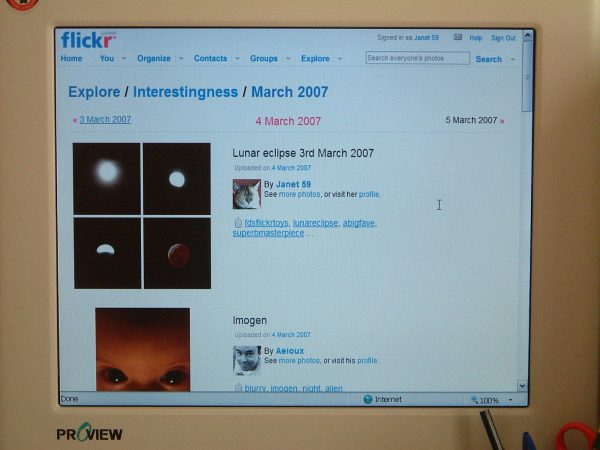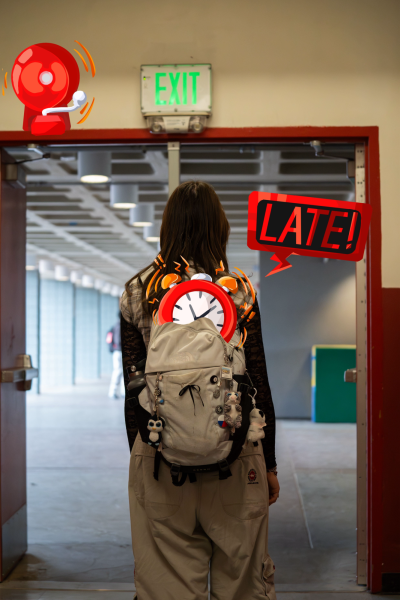Sick Culture: Why you Should Stay Home
It was winter finals of her freshman year, and current sophomore Lilo Bergensten-Oliv found herself throwing up in the math wing bathroom. Feeling she could not afford to miss a day of finals, she had come to school despite suffering from a bad cold. After a P.E. final consisting of two and half hours of handball, her fever and nausea had caught up with her.
For Bergensten-Oliv and many fellow students, coming to school sick is seen as a necessity to keep up with Lowell’s workload and academic pressure. As a school, we need to address this mentality and make a concerted effort to prioritize our community’s health instead.
Attending school despite illness has been a recurring issue for Bergensten-Oliv throughout her high school career. She lives with chronic fatigue, meaning the symptoms of minor illnesses are amplified. From the PSAT to this fall’s finals’ season, the times she’s dragged herself to school despite feeling under the weather are numerous. She attributes this detrimental pattern to our school’s heavy workload. “The consequences of missing school at Lowell are a lot more severe than at other schools because it all adds up so quickly,” she said. “That really weighs on you when you’re sitting at home coughing, not able to do anything.”
Though Bergensten-Oliv’s parents are understanding of her medical needs, staying home from school still does not feel like a viable option. “Even if I’m trying to catch up on homework, there is always something in the back of my mind, like how much am I missing?” she explained. Last December when Bergensten-Oliv was out of school for four days, she returned to various assignments and tests she had no idea were happening. “It all really hits you in the face,” she said.
Junior Helen Ludé, having had similar experiences, such as attending school while dizzy and light-headed from the flu, feels Lowell’s unique, all-consuming academic pressure is to blame. When weighing the pros and cons of resting at home versus going to class, Ludé says doing well for college and keeping her grades up are at the forefront of her mind, as well as pressure from teachers. Once, when she opted to stay home from school and emailed her teachers about making up work, she received very curt and dismissive responses.
School Nurse Vanessa Compagno agrees the issue of Lowellites attending school while ill is both a “huge problem” and Lowell specific. The school provides Compagno with a list of symptoms that are cause to send students home (such as fevers above 104 degrees and coughing up blood), yet when she explains these guidelines to students, they argue their tests and projects are too important to miss. In extreme cases, Compagno has been called into classes due to students passing out from high fevers. “It happens more often than people think,” she said. “They just won’t check in with me because they know if they have a fever I will send them home.”
Compagno says Lowellites’ behavior is baffling to other nurses in the district whom she talks with at professional development meetings. “I’ve had new nurses shadow me, they’ve always been mind blown like, ‘That took 20 minutes to get that student to even think about going home and then another 20 minutes to actually talk with parents,’” she said.
Though Compagno realizes students are under tremendous pressure, she stresses the need to understand the extent of the health risks created by attending school sick. This is especially problematic for Lowell’s staff and students who are immunocompromised. “It’s just not fair to those people that are trying so hard to stay healthy,” Compagno said.
“[Staying home and resting] has every benefit possible,” Compango said. “You’ll heal so much faster, it’s good for your physical health, your mental health, your stress in general.” She urges students to honestly assess how well they can perform on their tests and projects while ill and how their academic performance can be negatively influenced in the long run when recovery from a minor illness ends up taking twice as long.
Despite the medical explanations, simply telling students to stay home has proven unsuccessful. One alternative solution is teachers picking up pupil-friendly approaches to making up work. For example, when Bergensten-Oliv was sick in February, her geometry teacher Mr. Nghe was incredibly understanding and allowed her to both retake the test a few days later and study in the library while her fellow students were being tested. If other teachers were similarly flexible, opposed to ensuring make up tests are harder than the originals and deducting significant participation points, students would have less incentive to attend school while ill. Additionally, staff can model safe behavior. “When I first started working, I would still come to school sick,” Compagno said. “And I was like, ‘I can’t tell my students to not come to school sick when they see me with a cold.’” If teachers set the example of staying home when sick, it will make it clear they will be understanding and enforce the behavior in their students.
There’s no questioning that Lowellites need to stay home if they are ill. Students throwing up and fainting on campus should not be commonplace, and we must curb our rampant spreading of germs. Our community needs to reevaluate what’s more important: test scores and classwork, or basic health and well-being.






